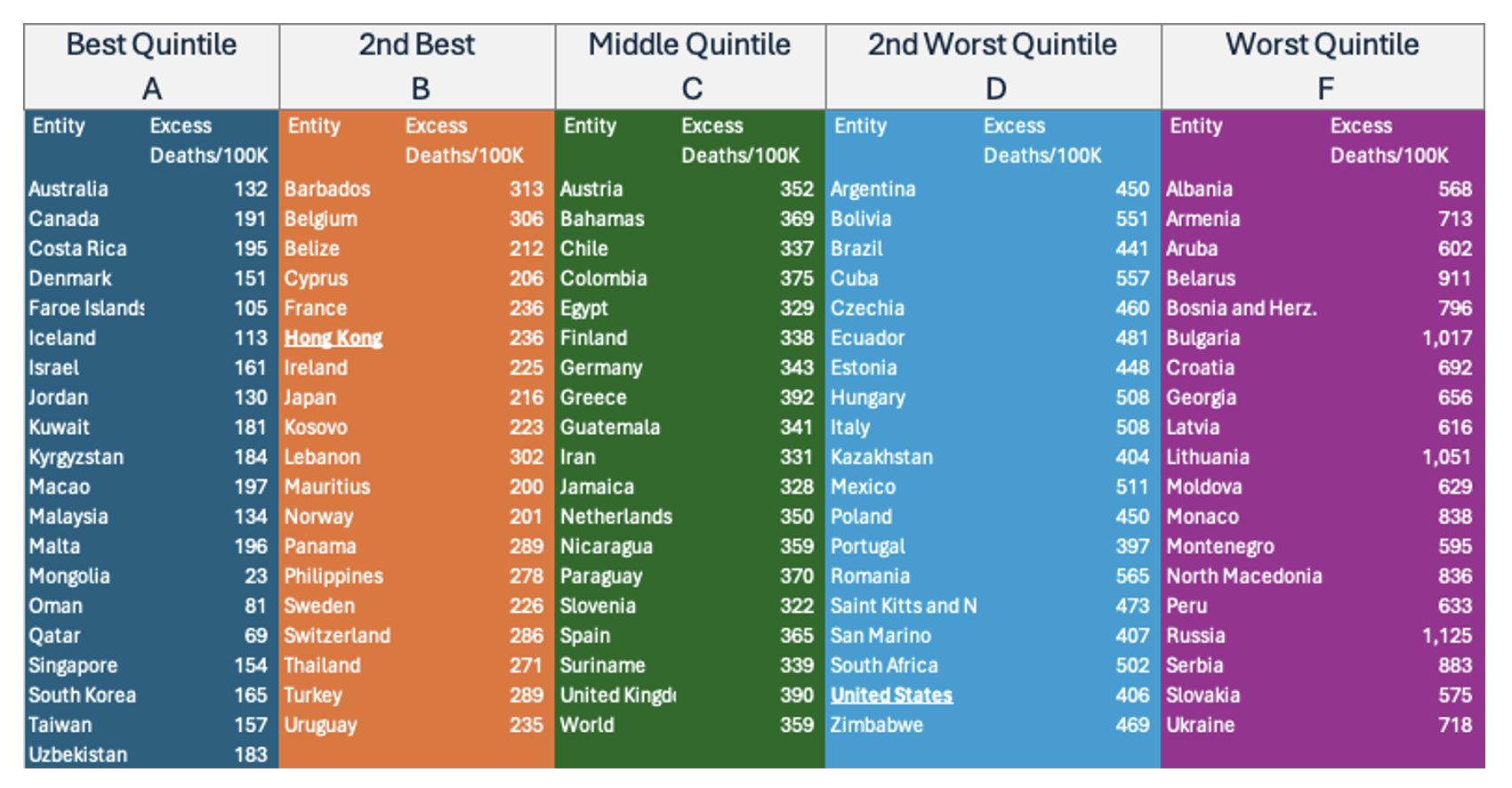Tests and Human Worth
Summertime in Hong Kong has 100,000 eighteen-year-olds on
edge as they wait for their standardized test scores. Entry to top programs will
hinge on these scores. Dreams of a career in medicine, law, or engineering are
derailed by scores below the cutoff. Anxiety
reigns for now. Disappointment comes
later. Des
pair can be optional with the
proper mindset.
I think every test taker needs a dog or someone equally qualified to wag their tail and tell them the truth. “You matter”. Worth is not earned by accomplishments. Thinking of test scores as gateways to prestigious admissions, placements, and accolades divert our attention from the truth: not everything that matters is on the test.
Robert Frost says the mob can “carry praise and blame too far”.[1] This tendency comes from a false belief that human worth is a discoverable fact about a person that can be measured with a scale. In fact, human worth is created and destroyed by how we treat ourselves and each other. We can each influence others’ feelings of self-worth. Inside our circles we get to say “you matter” in thousands of different ways and we can say “you don’t matter” in thousands more. Connectedness to people who care about us is an essential vitamin that cannot be found in a health food store. We all each have the power to synthesize this vitamin, but we must bestow it. We must trust that by giving our concern away that more will come back.
The foundation for trust is learned (or not) in childhood. Parents and teachers who respect the intrinsic worth of children ease the path to trust others. Children must know that they are loved for themselves. The basic right to be respected should not be withheld or exchanged for a child’s worldly achievements.
Parents must explain the facts about test scores to children. Tests are indeed used as a gateway. But children also need to hear the truth that their worth is not their test scores. The many things that are not on tests include the ability to tell the truth, to share joy, to create life plans, and to genuinely love another person. All must recognize the limits of tests as we meet others every day to evaluate their reliability and plan our shared lives.
Life offers a finite number of encounters with remarkable fellow beings. Whether or not we say “Namaste” out loud, we can silently whisper to all, “Thank you, I love you, I am so glad that you are in my life.” During a time of high anxiety whole communities can become a network of human worth.
David Bishai is Clinical Professor and Director of the University of Hong Kong School of Public Health



Comments
Post a Comment